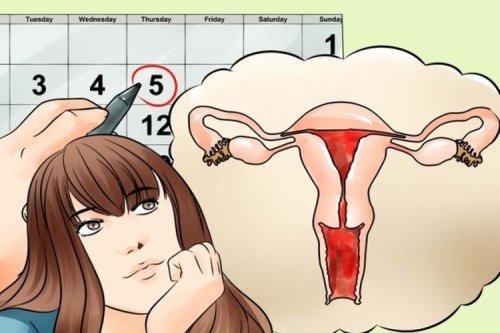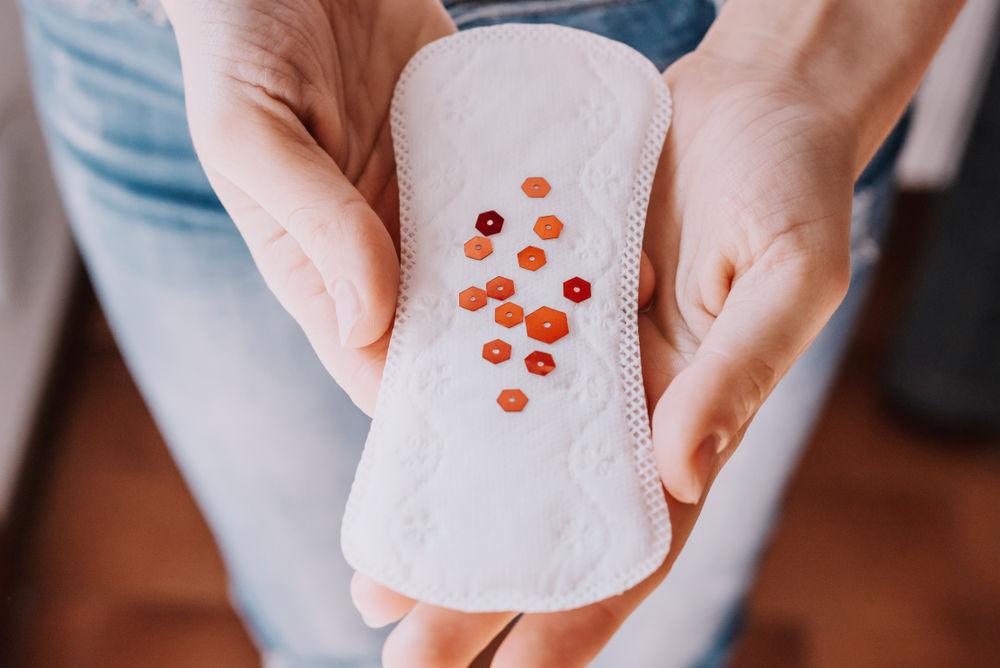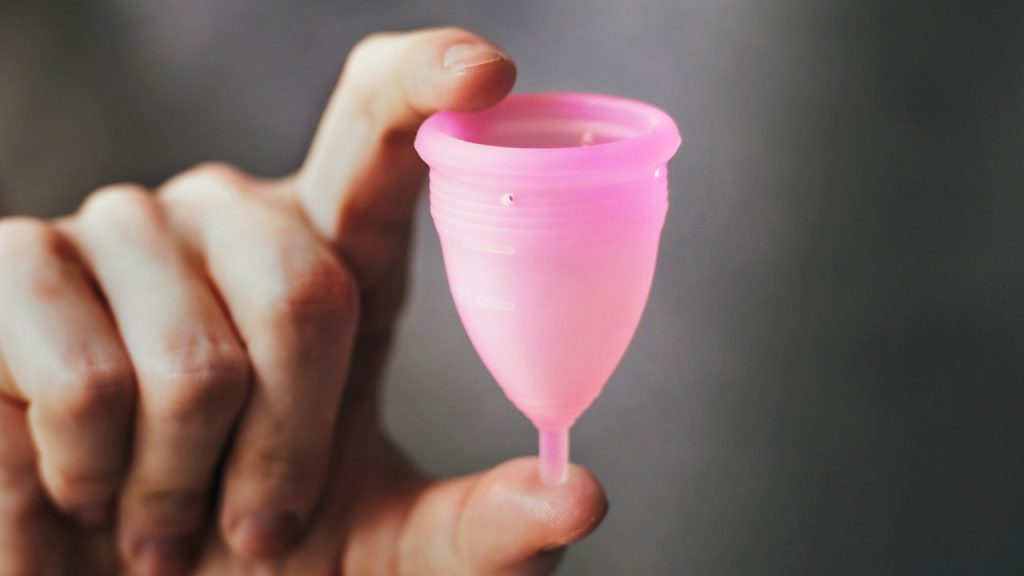Some are for it, others are against it. The fact is that some women have to endure severe pain during this time.

It is a controversial topic. The Italian Parliament debated an interesting proposal, namely whether a painful period should give women the right to get three days off.
As much as it may surprise you, the idea is not new.
- In Japan, for example, this paid break exists since 1947.
- In Argentina, women were given the opportunity to volunteer for one day when they needed it. However, this only applies to some companies and specific areas of work.
However, one year ago, this topic filled the news in several European countries, such as the United Kingdom.
There they had the goal to be open, inclusive and progressive. Some companies have incorporated this right into their internal company policy.
It is possible that many of our readers have the same opinion on this subject. Do you agree that women get a few days’ paid leave when they have a painful period?
There are parts of our population that strongly support this idea. But there are also people who are against it. They think it’s not a good idea for women to get a few days off this month.
Today we want to give you more data on this topic in this article.
Paid leave because of painful menstruation: arguments for it

Menstrual pain and her invisibility
Every woman is different and her menstruations have different characteristics. There are those who get their period without much pain.
- Some women manage to use one or other pain medication. However, a proportion of women have menstrual periods that are so intense that they are debilitating.
- Gynecologists remind us that there are two types of menstrual pain: in some cases, the causes are unknown, in others, a disease (such as endometriosis) is behind it.
- A woman with a painful period does not sleep well, suffers from migraine and shows dysphoric behavior (mood swings). But most of all, the period is often characterized by pain, which becomes the only enemy for a few days.
- A person showing these symptoms cannot give 100%. And when she does, it’s under the influence of strong medications – which do not always work.
According to some statements, it is a way to fight for equality in the workplace, if you acknowledge this.
Initiatives like the application in Italy are ways to shed light on this problem.
In this way, they try to give women a better quality of life and, of course, more productivity.
Painful period: votes against the paid holiday

Menstruation should not be seen as a disease
Interestingly, it looks like most people opposed to this proposal are women. On the other hand, they argue that getting a holiday paid for up to three days is a painful period.
- There are strong arguments to defend their attitude. One of them is that then menstruation is considered a disease.
- At the same time, they fear that many companies might take the existence of this law as an excuse not to hire women, as they cause costs. This fear is supported by the fact that nobody wants to pay the monthly costs.
- Besides, they are skeptical of the way the law could be written. This absence could be defined as “absenteeism due to indisposition”.
This can be very stigmatizing as it conveys a picture of weakness because the woman is ill. Whereby in reality it is not a disease.
At a time when women’s attitudes in our society are changing, this kind of paid vacation is viewed with skepticism. This is especially true for groups of women seeking equal working conditions.
The need to take action

Italy has initiated this debate because there are specific data: women who suffer from dysmenorrhoea are often missing. This is reality and not discrimination.
A respectful, carefully worded solution should be found.
Possible suggestions
Painful periods make incapacitated. This is a proven fact.
- No doubt it would be best to rely on a good diagnosis from the doctor. The possibility of having a few days off should be in bad cases. In Japan, every woman has the choice to use these days off or not.
- There will be months when it is necessary to take a day off as the pain is very severe. But this does not always have to be the case.
As already mentioned, every woman is different. A painful period can be very restrictive and it is already progressing to pay attention to this topic.













